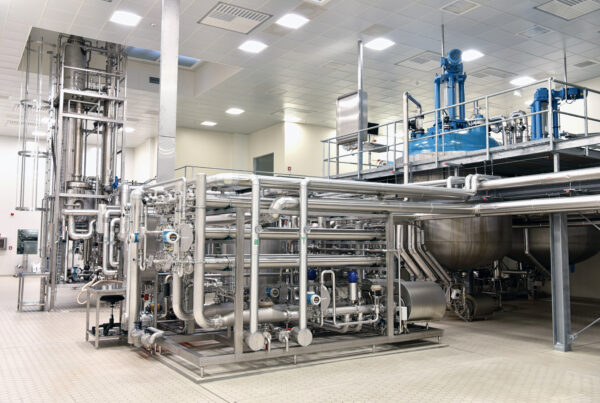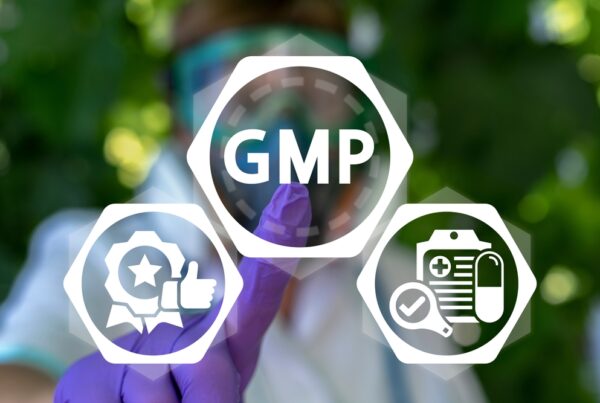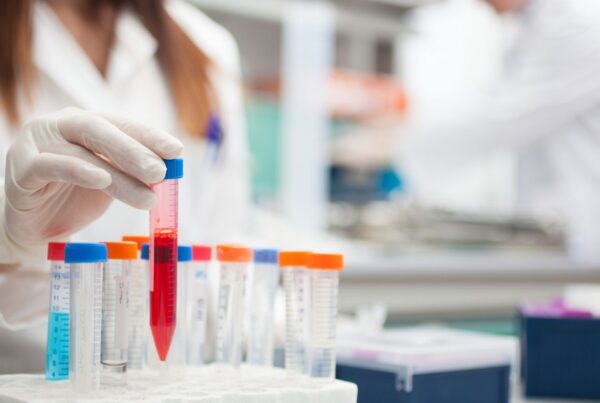

Based out of New York, Rondaxe is one of the largest and most experienced international pharmaceutical development companies and CMC consulting groups in the world. We assist both virtual pharma/biotech companies and multi-national pharmaceutical clients from early development and formulation of pharmaceutical products through commercial manufacturing. Services include comprehensive CMC solutions, drug development, manufacturing and global regulatory strategies. [Re]source™ is our proprietary software that allows our clients to accurately and efficiently model Cost of Goods, perform should cost analysis, safely and accurately organize data for Tech Transfer and gives our users full transparency and traceability to simplify complex aforementioned tasks.
Pharmaceutical companies across North America are benefiting from Rondaxe services














